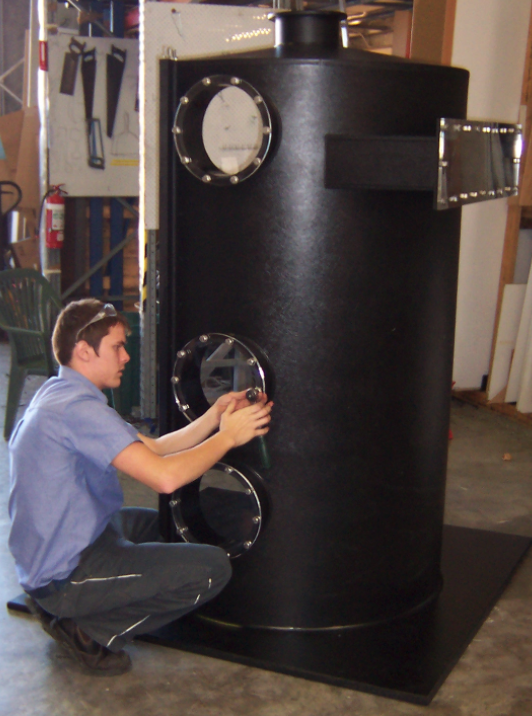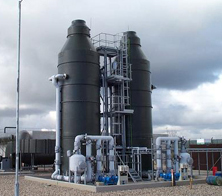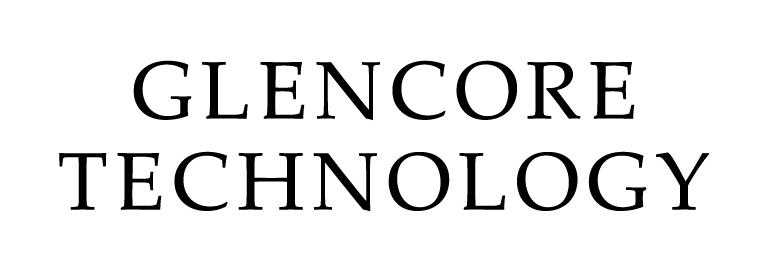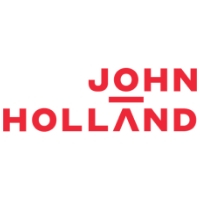What Is A Scrubber?
A scrubber is a pollution control device designed to remove dust and chemicals from gaseous emissions. They are used to reduce the number of harmful chemicals such as CO2 (carbon dioxide) and sulfur dioxide that are released into the atmosphere, minimising the environmental impact of the industry.

What Is A Wet Scrubber?
There are two types of scrubbers, wet scrubbers and dry scrubbers. As the name suggests, wet scrubbers use water or other chemical liquids to remove harmful pollutants from the emissions, while dry scrubbers use chemical solids in powder form. See our article on Scrubbers for more information.
Types of Wet Scrubbers
There are two types of wet scrubbers, horizontal and vertical scrubbers. Industrial Plastics can fabricate all types of plastic scrubbers to suit your needs.

Wet Scrubber Applications
Scrubbers are widely used in industries such as chemical, pulp and paper, steel and metal finishing, fertiliser and pharmaceuticals. They are used where harmful particles and gasses are produced from manufacturing or processing activities. Other common applications include fume scrubbing and air purification systems.
Switching to a fabricated plastic scrubber can save money and resources by reducing the frequency that traditional metal scrubbers need to be replaced. This is because plastic is corrosion resistant and can safely store more chemical compounds and solutions used in the scrubbing process.
Financial and Environmental Benefits
The adverse effects of harmful pollutions can be minimised due to the the effectiveness of scrubbers. Testing has shown that scrubbers effectively remove 98% of sulfur and 90% of carbon dioxide. Australian and State Government legislation require the use of scrubbers in many industrial applications to meet environmental regulations, however there are financial benefits for using scrubbers.
Many companies are voluntarily implementing this technology into their plant and machinery usage to reduce carbon, sulphur and other emissions to satisfy investor demands. There is also secondary benefits of using scrubbers, the byproducts created during the scrubbing process can often be sold as profitable end products which can offset the cost of installing scrubbers and generates additional revenue.
One example of this is synthetic gypsum that is created from the scrubbing process in coal power stations that can be used to fabricate drywall.
Multiple types of scrubbers are often used to maximise the reduction of harmful pollutants released into the atmosphere, with each scrubber specifically utilised to remove one type of pollutant from the emissions.
Why Industrial Plastics?
Industrial Plastics fabricates custom wet and dry scrubbers in line with our customer’s specifications, ensuring that you will meet your regulation requirements. Our professional design and fabrication team work with customers to take a project from concept through to delivery of the final product. Regardless of whether you are looking to replace an existing scrubber or add a new one to your plant, the Industrial Plastics Team can deliver a solution.
Contact our sales team on 1300 465 888 or email [email protected] to talk about how we can help you reduce your harmful emissions and increase profits using scrubbers.



















